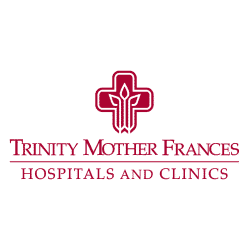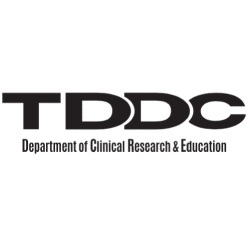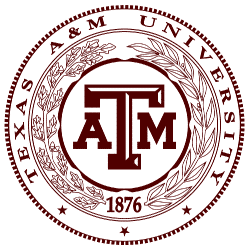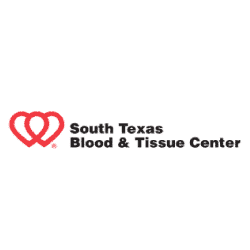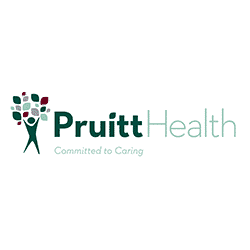Medical Waste Disposal Regulations
The United States Environmental Protection Agency Warns:
“Improper management of discarded needles and other sharps can pose a health risk to the public and waste workers. For example, discarded needles may expose waste workers to potential needle stick injuries and potential infection when containers break open inside garbage trucks or needles are mistakenly sent to recycling facilities. Janitors and housekeepers also risk injury if loose sharps poke through plastic garbage bags. Used needles can transmit serious diseases, such as HIV and hepatitis.”
The Coalition for Safe Needle Disposal has identified Drop-Box or Supervised Collection Sites as a program method of safe disposal:
“Sharps users can take their own sharps containers filled with used needles to appropriate collections sites: doctors’ offices, hospitals, pharmacies, health departments, or fire stations. Services are free or have a nominal charge.”
According to Waste Industry News, Vol 15, No. 4, of March 2004:
“An estimated 9 million people across the U.S. use approximately 3 Billion needles, syringes, and lancets to manage medical conditions at home. The majority of those needles are being disposed of in household trash, posing a danger to solid waste and janitorial workers as well as the public.
State Regulations Vary: Am I Regulated?
By way of example, the Texas Commission on Environmental Quality states:
Medical waste is defined as any one of the following:
- animal waste from animals intentionally exposed to pathogens
- bulk human blood and blood products
- pathological waste
- microbiological waste
- sharps
Mailing Address:
Medical Waste Program MC-129
Texas Commission on Environmental Quality
PO Box 13087
Austin TX 78711-3087

